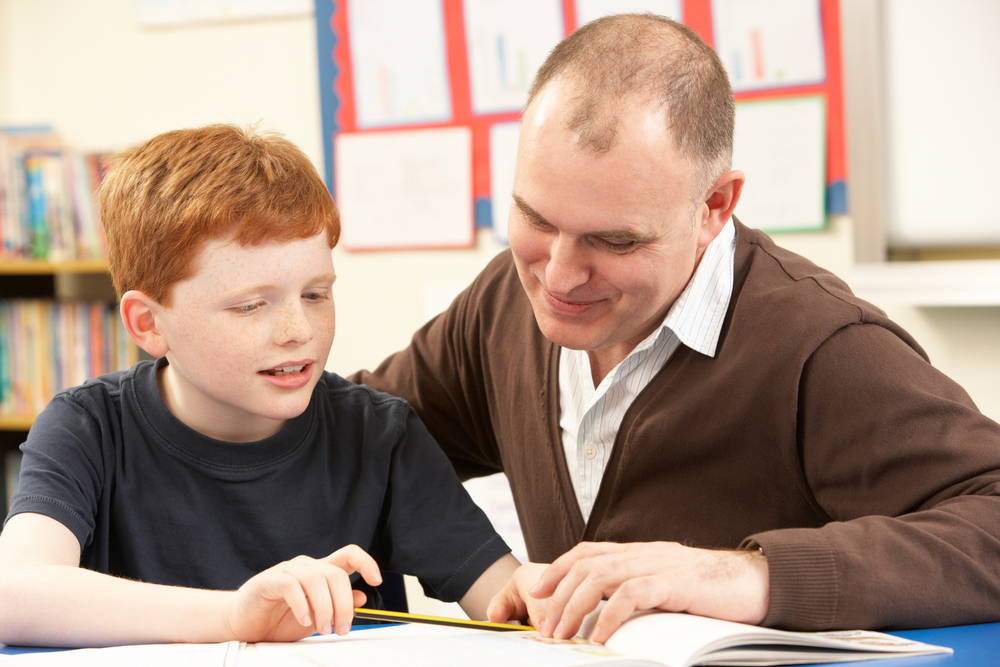
(Includes Schools, Universities, Additional Support Needs, Peer)
Peer mediation
Peer mediation takes place when school children and young people are trained to help other young people sort out their disagreements. These disputes can range from unkind behaviour to disagreements in the playground. Pupils who are trained to use mediation skills are called Peer Mediators.
Peer mediation involves two trained mediators assisting pupils in conflict through a series of steps so that they can find their own way of resolving their problems. Difficulties and disagreement are faced and brought out into the open. Through acknowledgement and careful exploration comes shared understanding which usually leads to a negotiated, constructive, non-violent way of managing the conflict.
If you would like to learn more about Peer Mediation and Peer Mediation Training see our Peer Mediation pages, contact admin@scottishmediation.org.uk or call 0131 556 1221.
Additional needs
All education authorities must have arrangements for independent mediation to resolve disputes regarding a child or young person who has additional support needs. These mediation services are available when there is a dispute between parents/carers and the school or local authority. The mediation must be free for the parents/carers. The law that sets out these rules can be found in the Education (Additional Support for Learning) (Scotland) Act 2004/09.
Normally, most disagreements will be resolved at school level or with the education authority. However, if this is unsuccessful, parents and carers have a right to independent mediation. Where independent mediation occurs early, there is less chance for the disagreement to escalate.
Independent mediation can help families and authorities to build or rebuild a positive relationship, leading to co-operation in making arrangements for the child or young person. It can help avoid conflicts that arise out of misunderstandings or lack of shared information by helping parents, teachers, education authority officials and others involved to communicate directly with one another.
The overriding principle is that the disputing parties come to a shared agreement themselves on how to resolve their differences.
Mediation can be used at any time in the life of a disagreement between an education authority/school and parents or a young person. The process can be used more than once as it can be useful for resolving parts of a disagreement, as well as the whole of a disagreement.
The education authority should it make it clear to parents/carers and young people that using independent mediation does not affect their entitlement to refer any competent matter to other appropriate formal or statutory review routes. Mediation is not compulsory for parents/carers and young people; it is always voluntary.
Additional support needs (ASN) mediation services must be available free of charge, to parents or young people.
Objectivity and impartiality are key principles for ASN mediation services. This means that mediators will remain independent and fair, will allow all parties to speak and not take sides.
There are standards that must be met by ASN mediators. These standards make sure that the mediator is appropriately trained and continues to develop their skills (CPD). Alongside these standards, ASN mediators should be subject to checks through Disclosure Scotland.
Education authorities are required by law to publish information on the independent mediation arrangements they have in place within their area. This information should be kept up-to-date and under review and should be widely available for authority staff, parents and young people.
Children may need extra help with their education for a wide variety of reasons. More information about additional support needs can be found by contacting Enquire on 0845 123 2303. Enquire is the Scottish advice service for additional support for learning.
To find out what arrangements your education authority has in place for independent mediation, contact Enquire or call the Scottish Mediation Helpline on 0131 556 8118.
When a child is in private education, a private nursery, or educated from home, the education authority is under no obligation to provide a free mediation service. To find a local mediation service, or a mediator who serves your area, use Find A Mediator or call the Scottish Mediation Helpline on 0131 556 8118.